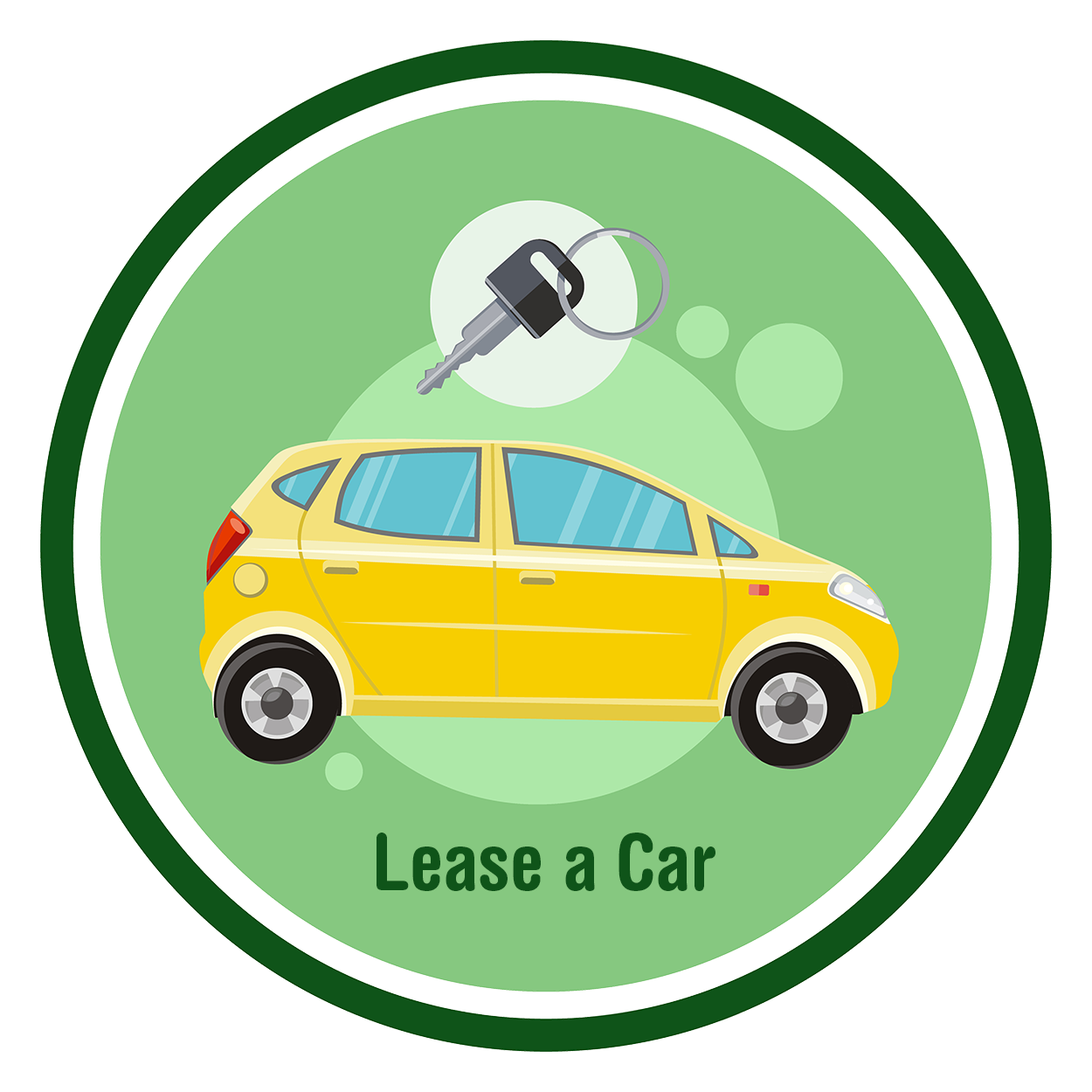This calculator will attempt to estimate the monthly payment of a car you are looking to lease.
Current Cambridge Auto Loan Rates
We publish current Cambridge auto loan rates for new & used vehicles. Car buyers can use these quotes to estimate competitive loan rates before dealing with an auto dealership in a negotation where the dealer has the upper hand and charges too high of an interest rate or tries to require unneeded extended warrany programs as a condition for extending funding.
The Value of Leasing Your Cars

There is more than one way to move forward covering personal needs. Housing and vehicles represent our primary expenses, so the ways we go about financing these items are some of our most pressing financial concerns. Credit products help us cover these purchases, because their costs often exceed cash on hand. Mortgages, car loans, equity lines, and revolving credit accounts are all used to fund purchases, each with specific conditions.
Under installment terms, like those contained in mortgages and car loans, like-amount payments are made at the end of each billing period, until debts are completely paid-off. The loans are based on fixed borrowed amounts, and tied to regular repayment schedules that divide interest and principal responsibilities, so that payments remain consistent. Revolving credit, on the other hand, is a more open-ended arrangement, allowing consumers to rack-up charges over time and pay them off using their own discretion and timetables. Credit cards are the most important examples of how revolving credit is used in every day life.
In addition to purchasing items outright, buying them with fixed installment credit, and using revolving accounts to acquire things; consumers are presented with an additional alternative: Leasing.
Lease Versus Buy
Leases are used across a variety of economic situations, from housing agreements to business capital acquisitions. Perhaps the most common everyday example of leasing, engaged by countless individuals across society, is rented housing. Under the terms of most residential leases, tenants agree to pay monthly for the right to use someone else's property. Provided conditions are met over the course of the lease, lessees retain occupancy and other rights throughout the lease's term. At the end of a pre-arranged period, each contract expires, setting the stage for renewal or change of occupancy. This dynamic, shared between landlords and tenants, illustrates how lease arrangements unfold.
Inexpensive items don't warrant leasing, because they can be easily paid-off for ownership. But higher-ticket buys; cars for example, present situations wherein leasing is a better alternative than buying. Whether to buy or lease a vehicle is a personal choice, based on preferences and individual economic conditions, so there are a number of things to consider when seeking vehicles. Leasing calculator illustrates payment obligations based on figures you plug-in, helping evaluate your alternatives.
It is important to consider that leases do not lead to ownership changes, instead extending use-for-pay options on big-ticket items. As a result, regardless of your specific terms, you are not building equity in items over the course of using them. In other words, you'll have nothing to show for your payments at the end of a lease term, except for the past use of the leased item.
The way you use your car is another important thing to think about when leasing and buying vehicles. Automobile leases carry mileage limits, requiring lessees to pay additional fees when they are exceeded. If you are a high-mileage customer, buying may be more cost effective for you than leasing.
Flexibility is another consideration when weighing lease versus buy options. Once originated, your lease remains binding until all the terms have been met. For some, being locked-in for 2-3 years does not suit flexibility requirements.
 Automobile Leasing Calculator
Automobile Leasing Calculator